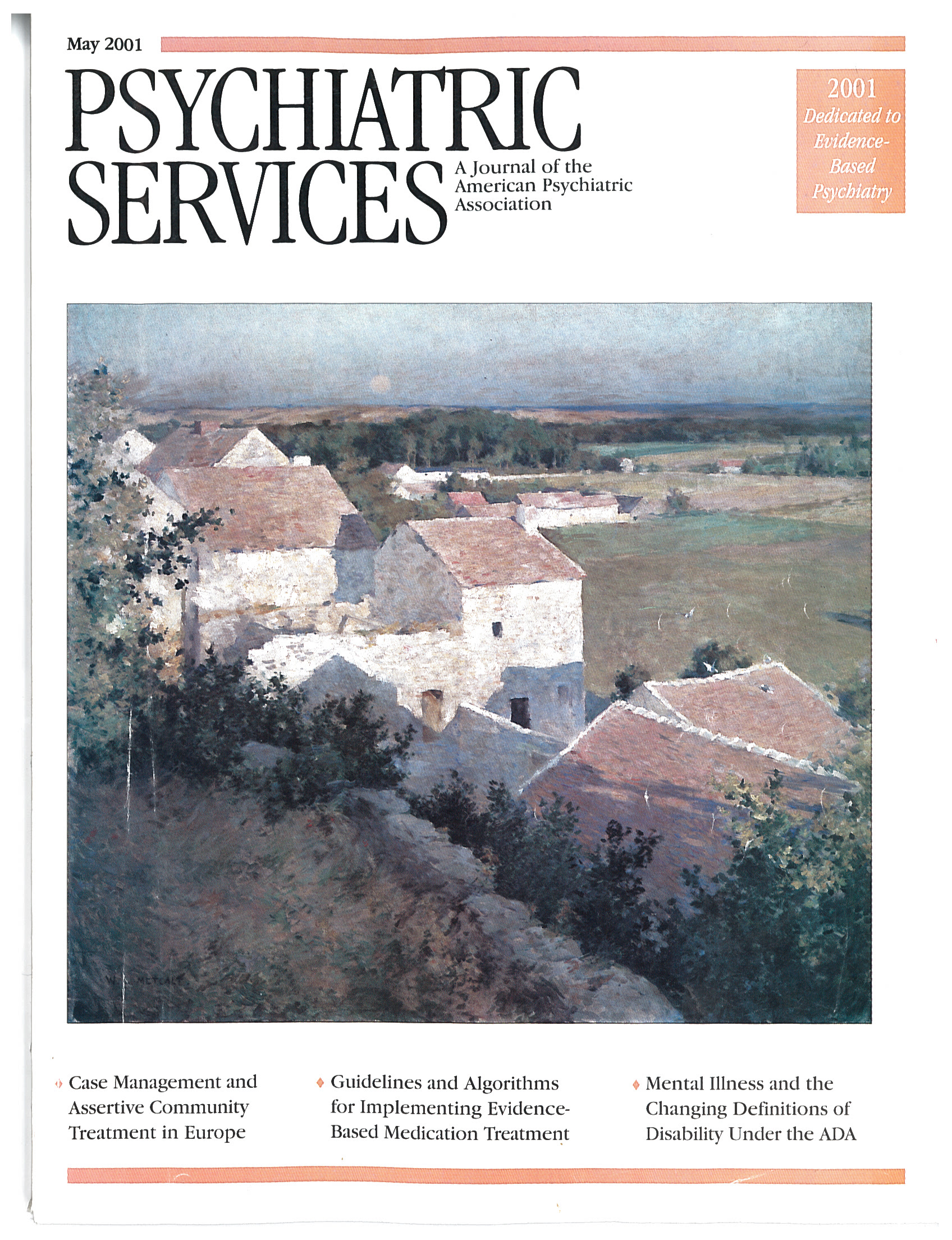PC, M.D.: How Political Correctness Is Corrupting Medicine
A professor from Brown calls AIDS "a biological expression of social inequality," and her plan for combating the AIDS epidemic includes limiting the power of corporations, capping the salaries of chief executive officers, eliminating corporate subsidies, prohibiting corporate contributions to politicians, and strengthening labor unions. A physician at the University of California, San Francisco, claims that "illness is caused by the power imbalance inherent in capitalist society." The American Nursing Association, which recognizes "energy field disturbance" as a diagnosis, advises nurses to "take a closer look at one of the 'energetic' therapies. It might just recharge your practice." These are only a few of the many astonishing and disturbing citations readers will find in Sally Satel's well-researched and well-documented PC, M.D.: How Political Correctness Is Corrupting Medicine.
Dr. Satel's thesis is that overtly political leftist ideology that is focused on victimization, power discrepancy, and income inequality has spilled over from other parts of the university into the medical center. Perhaps we had assumed that the medical center was immune to such radical ideas—that it was protected by medicine's foundation on actual objectifiable outcomes and the cold, hard facts of biology. Yet the book amply demonstrates the degree to which unsupportable, ideologically driven theories influence the public health establishment, the mental health and substance abuse treatment systems, nursing, and prevalent beliefs about gender and race in medicine. Worse, political correctness is not a benign ivory tower anomaly; it damages all of our medical system and causes very real harm to patients.
Satel quotes public health professors from Berkeley and Portland State University who assert that "the practice of public health is, to a large degree, the process of redesigning society." In her elaboration she describes how a large part of the medical system, if not society, has been redesigned.
Public health is now more concerned with social inequality than with the epidemiology and prevention of communicable diseases. The nursing profession promotes alternative therapies in order to oppose the patriarchal and hierarchical medical system, and nursing schools have lowered academic standards to include courses on sociology, politics, and race and gender awareness. Objectively unsupported claims of sexism and racism lead to the waste of research money on fruitless, politically motivated topics, add to research costs by generating unnecessary rules on gender, and contribute to shortages of physicians in areas of need. Satel, a psychiatrist, also describes how the political recognition—in the form of the consumer movement—of persons with mental illness as a group victimized by psychiatry has often prevented those most severely ill from receiving treatment they desperately need.
Discredited leftist ideology repackaged in the form of the "PC" movement is increasingly damaging the medical system—and more so than many physicians who are busy with patient care might realize. It is high time that they become aware of this incipient trend before it becomes even more pervasive. PC, M.D. is an excellent source from which to start. Indeed, if I had my way, this book would be standard reading for people in the medical community.



